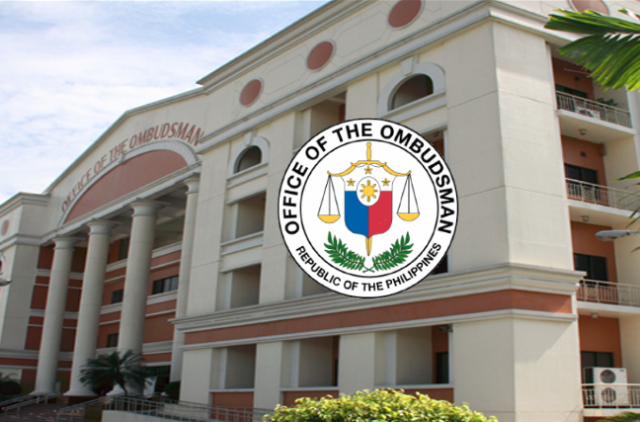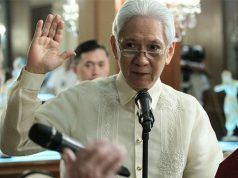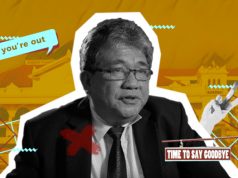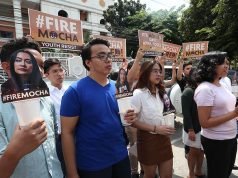MANILA, Philippines – While some lawmakers hope that Ombudsman Conchita Carpio-Morales would stand by the men and women of her office amid the latest pressure exerted by Malacañang when it moved to suspend Overall Deputy Ombudsman Melchor Arthur Carandang on grounds of alleged dishonesty.
“We urge the Office of the Ombudsman to uphold its status as an independent constitutional body and vigorously defend itself from yet another attempt by the Duterte administration to weaken institutional checks on graft, corruption, and abuse of power in government,” ACT Teachers partylist Representative Antonio Tinio said.
However, Akbayan partylist Rep. Tom Villarin said the silence of Morales does not mean she was abandoning her deputy.
“Rather, she doesn’t want to dignify such blatant constitutional violation of the Ombudsman’s powers,” Villarin said of Carpio’s derisive stance.
Carandang was handed a 90-day preventive suspension order for allegedly committing grave misconduct and grave dishonesty.
Presidential spokesperson Harry Roque had said the Office of the President’s move against Carandang had something to do with the information that he had released last year to the media about alleged bank accounts attributable to President Rodrigo Duterte.
The bank documents allegedly came from the Anti-Money Laundering Council, but the AMLC denied that the information was from its office.
Carandang was given 10 days by the Office of the President to explain why he should not be suspended.
Villarin said the suspension of Carandang showed the “hypocrisy of Malacañang in fighting corruption when its occupant becomes the subject of an investigation.”
“The joyful willingness by which Malacanang suspended a constitutional officer regardless of jurisprudence and constitutional independence of the office shows its true colors when corruption involves the powers-that-be. By suspending an ‘activist watchman’ doing his job, what anti-corruption campaign is Malacañang talking about?” he said.
Tinio said Malacañang violated existing jurisprudence by issuing the suspension order.
He said Roque’s statement that they are confident the Supreme Court will revisit its 2014 ruling that declared a similar suspension order as unconstitutional “belies an utter contempt for the judiciary and the rule of law that the President is mandated to uphold.”
Roque also insisted that the President can exercise administrative disciplinary authority over a deputy ombudsman.
“The assertion of the Office of the President (is that) all government officials, except impeachable officers and the judiciary, are subject to the disciplinary powers of the President. The Supreme Court has many decisions regarding that,” he told radio dzRB.










